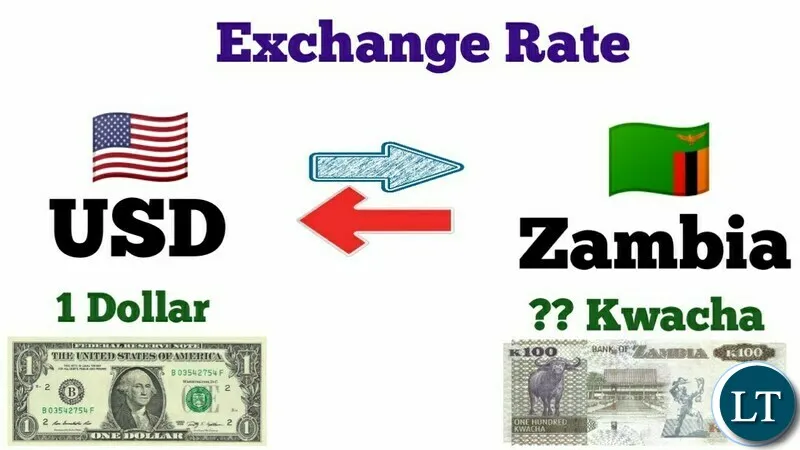Zambian Kwacha’s Performance Driven by Speculative Factors, Calls for Real Sector Intervention
The Zambian Kwacha’s recent appreciation has sparked discussions on its sustainability and underlying factors, with experts emphasizing the need for deeper involvement in the real sector to ensure long-term stability.
Kelvin Chisanga, in his analysis, highlights several factors contributing to the Kwacha’s current strength. Confidence in the market, particularly among mining investors following developments with KCM and Mopani Copper Mine, coupled with a weak Dollar in regional and global markets, has bolstered the currency.
Additionally, tax payments and favorable copper prices have further supported the Kwacha’s performance. The Bank of Zambia’s (BOZ) efforts to supply US Dollars to the market have also played a significant role in maintaining the currency’s strength.
However, Chisanga cautions against viewing the sudden appreciation as sustainable, citing the lack of backing by key productive fundamentals.
He warns that such rapid fluctuations could negatively impact businesses and investment patterns, emphasizing the importance of a stable currency with clear performance benchmarks.
Despite potential benefits for imports, Chisanga notes the adverse effects on exports, particularly traditional exports like copper.
He calls for a symbiotic relationship between export and import sectors to achieve a balanced trade bill, especially amid efforts to maximize mining output for green renewable energy initiatives.
Looking ahead, Chisanga predicts the Kwacha’s performance against the US Dollar to continue oscillating, influenced by BOZ policy interventions and economic developments such as the 2024 budget.
He acknowledges the currency’s positive impact on fiscal expenditures but stresses the need for sustainable measures to address underlying economic challenges.
In conclusion, Chisanga underscores the importance of addressing speculative factors and focusing on the real sector to ensure the Kwacha’s long-term stability.
He highlights the significance of stable copper production and adequate supply of foreign currency in achieving this goal amidst the current economic landscape.



